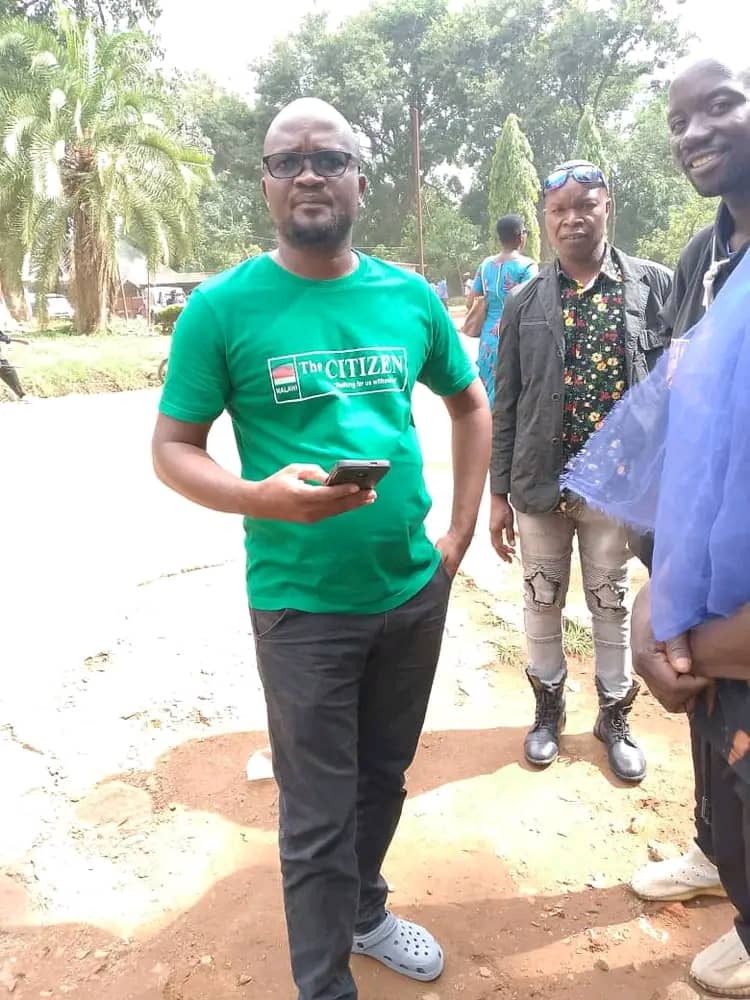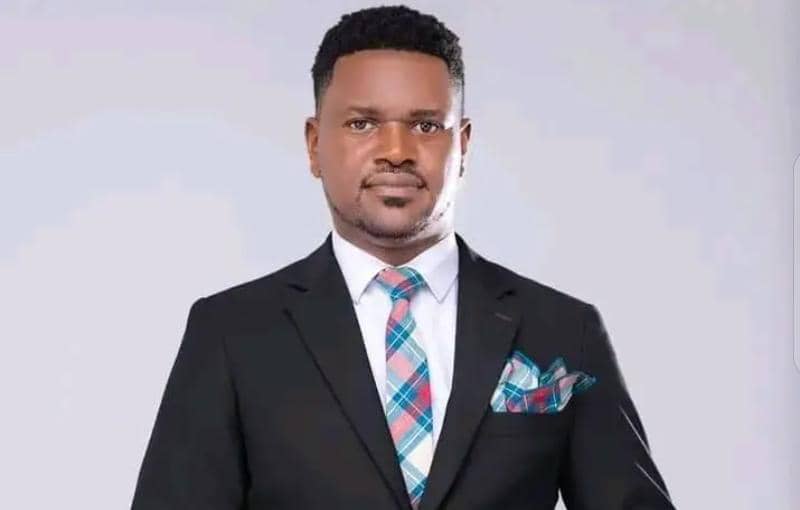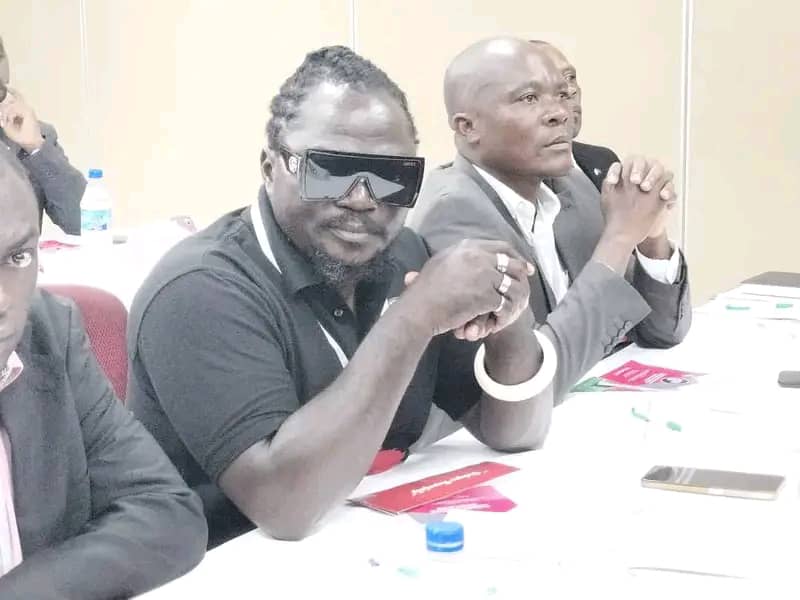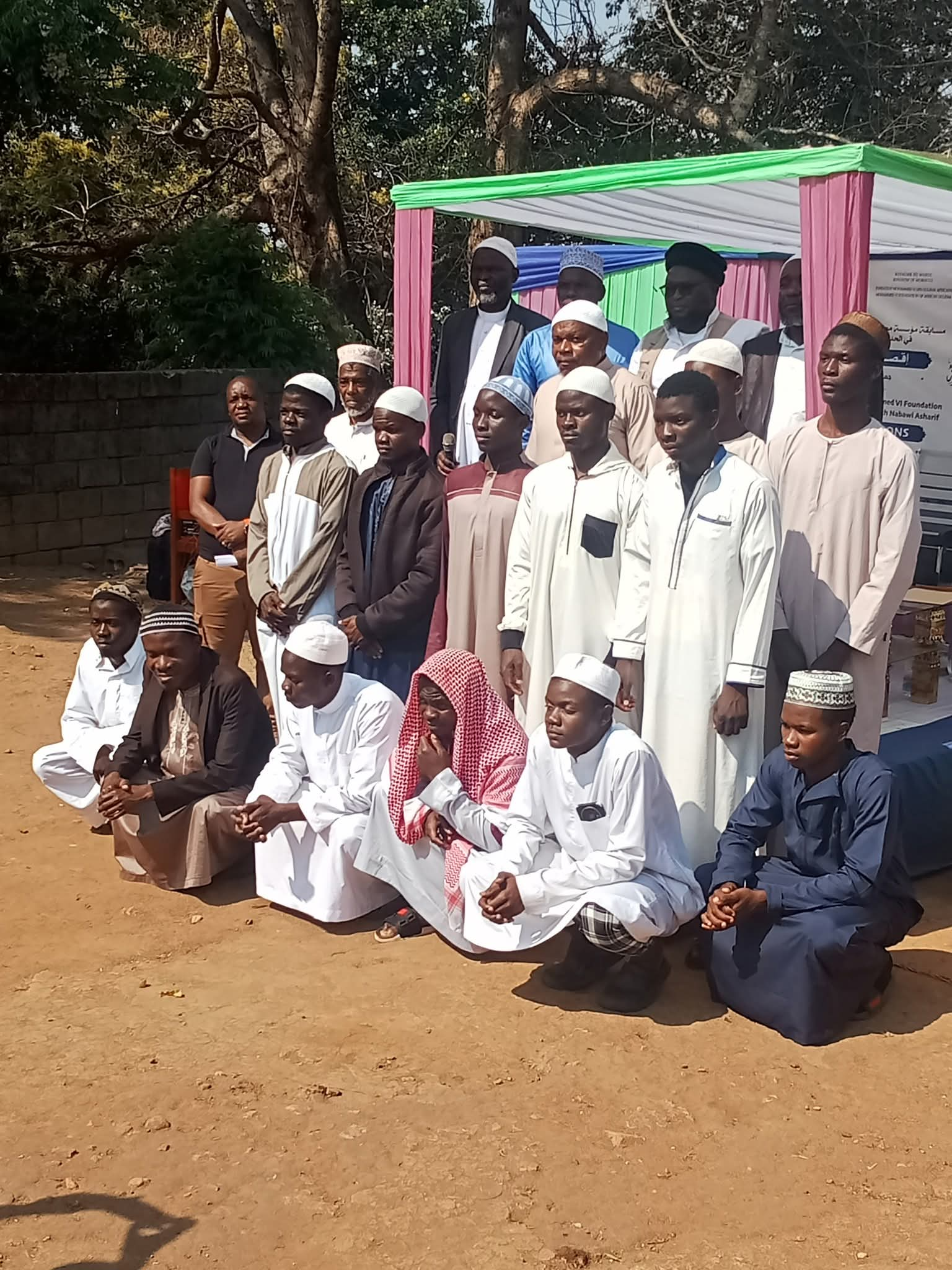By Burnett Munthali
In an exclusive interview, Comrade Edwards Kambanje of the Concerned Citizens of Malawi has strongly criticized the government’s decision to embark on a nationwide campaign to explain the State of the Nation Address (SONA) to the public.
Kambanje argues that such an exercise is an unnecessary expenditure of public resources and questions the rationale behind taking what was already delivered in Parliament to the masses through various engagements.
According to Kambanje, the State of the Nation Address is formally presented in the National Assembly, where it is scrutinized by Members of Parliament, including government ministers.
These ministers, he insists, are part of the legislative body and are, therefore, in a position to offer any necessary clarifications within Parliament itself.
Given this, he believes that any further explanation outside of this forum amounts to a waste of time and financial resources.
“Why does the Government want to waste public resources on explaining the so-called SONA to the public?
Ministers are part of the National Assembly, which comprises representatives of the people of Malawi.
Ministers should therefore make their clarifications in the National Assembly, where the SONA was delivered.
Give us a break, please,” Kambanje remarked in frustration.
His concerns reflect a broader sentiment among Malawians who are growing increasingly skeptical about the government’s spending priorities.
With pressing national challenges such as inflation, unemployment, and inadequate public services, many question whether a SONA outreach program is a justifiable expense.
Kambanje’s stance is that the government should instead focus on implementing the promises made in the address rather than explaining them through costly engagements.
The government, on the other hand, may argue that taking the SONA message to the people fosters transparency and public engagement.
However, critics like Kambanje believe that such efforts often turn into politically motivated campaigns rather than genuine civic education.
The debate over the necessity of a SONA roadshow ultimately highlights deeper issues of governance, accountability, and fiscal responsibility in Malawi.
As citizens grapple with economic hardships, government spending decisions will continue to be scrutinized, with many calling for a shift in priorities toward tangible development rather than public relations exercises.




